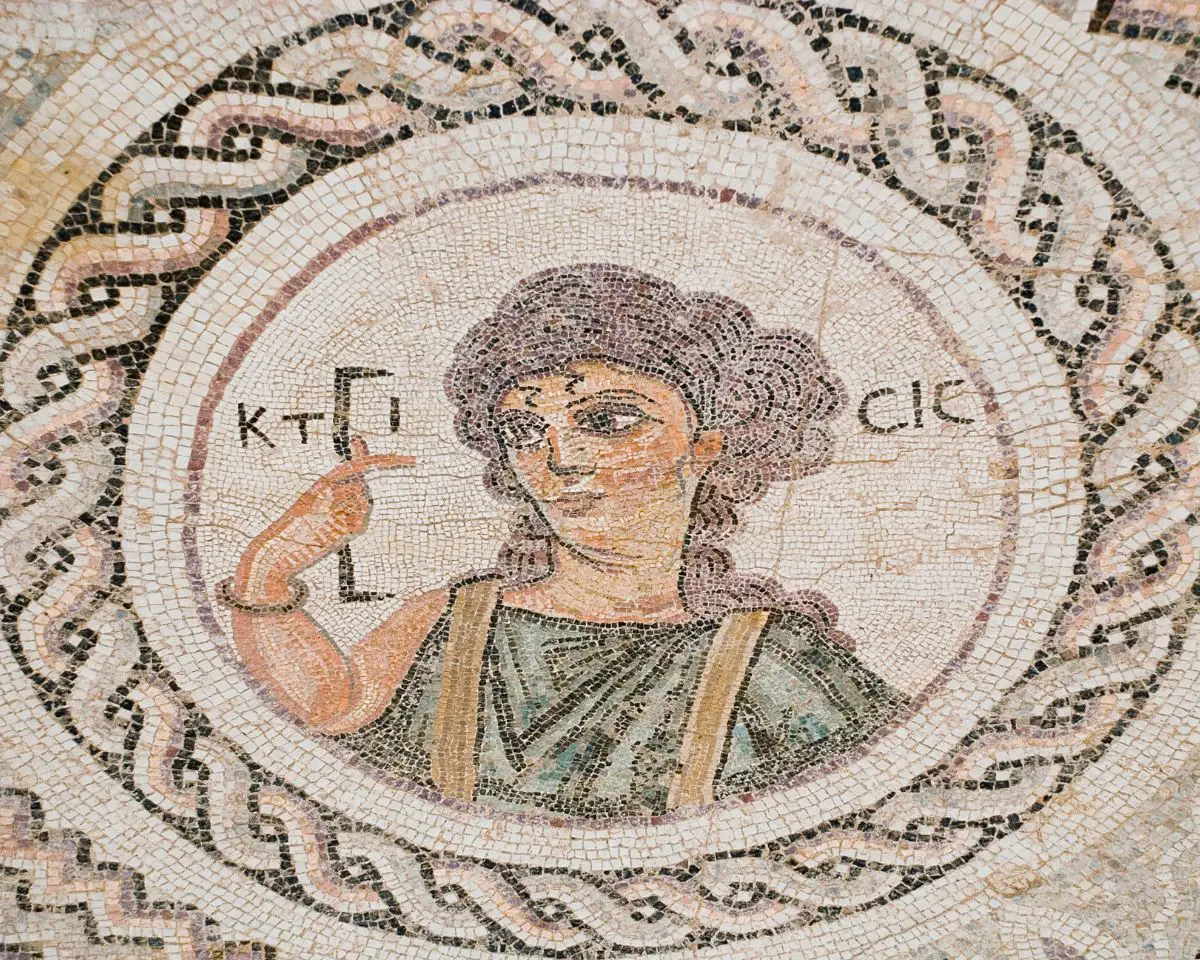Roman Women
In the ancient Roman world, women had numerous responsibilities and played an important role in society. Although not afforded the same rights as their male counterparts, Roman women made significant contributions to their culture, politics, and economy.
This article will discuss the roles of Roman women and explore their lives, highlighting examples from history and providing insight into the challenges they faced.
We will also look at how women were involved in Roman religion, slavery, and comparatively to other ancient societies. Finally, we’ll consider modern perspectives on these pioneering Roman ladies.

Historical Context
Women in ancient Rome still made an impact on their society, despite facing limitations. Roman laws allowed women to own property and engage in business – yet, they couldn’t vote or hold public office. Plus, there were rules about modesty and social inclusion which restricted women’s activities.
But there were lots of ways for women to make a difference. They held important roles within families, received an education, and participated in religious customs.
They also joined their voices in protest against unfair constraints, such as those related to marriage rules. Although Roman society was unequal, these efforts shaped the progress of history.
Roman Women of Power
Agrippina the Younger was an important woman in Roman times. She was the daughter of Germanicus and the wife of Emperor Claudius. Agrippina had lots of power and could control what Claudius did.
Cleopatra, Queen of Egypt, also had a big impact on Roman politics. Although she wasn’t Roman herself, her decisions affected the whole Empire.
Roman women had power and influence like no other at that time. They were respected for their ideas and couldn’t be ignored.
Daily Life for Roman Women
Roman women’s lives varied depending on their wealth. Rich women could go to school and have more free time. Those with less money had to work in the fields or take care of other houses. All had to cook, clean, and look after the family.
Wealthier ladies had someone who taught them things, but not all went to school. Women celebrated special events at temples and festivals, where they played key roles.
The Challenges Faced by Roman Women
Roman women had rights but many societal difficulties. They were limited in their clothing, contacts, and roles in public life. If they didn’t follow expectations, punishments or banishment might happen.
Despite these rules, some women still held influence through family links.
In the Roman world, women often needed to obey strict rules about what they wore and did in public. They usually couldn’t speak in public places or have power positions.
And if they went against these standards, they might find dangers like punishment or be expelled from society. However, through relatives, the women may have had a means of exerting some control over their circumstances.
Role of Women in Roman Religion
Roman women enjoyed special privileges when it came to religion. They were often priestesses, officiating at religious festivals and ceremonies and serving goddesses.
This exalted their reputation in the eyes of the public, giving them a rare form of influence unavailable elsewhere in society.
They were appreciated and respected for their important role in worshipping the gods, an essential facet of Roman culture.
Lives of Enslaved Women
In ancient Rome, there were many women who did not have the same freedom as others. They had no choice but to do the work they were given.
These women worked in fields or domestic duties without ever having the chance to decide their own fate. This means they couldn’t go to school or have a say in what happened in their lives.
This isn’t fair, and it’s important to talk about their experiences so we can understand how different some people’s lives were compared to others in history.
Comparisons to Other Ancient Societies
Women in ancient societies all face unique challenges. By looking at Roman history, we can understand the experiences of women in that era.
For example, in Roman times, women were unable to vote, be Senators, or hold public office. They had fewer rights than men and usually depended on marriage for financial support. However, they were allowed to own their own property and inherit from family members.
Women also didn’t have access to much education and couldn’t participate in sports or theatre like men could. But they did have some legal rights: they could sue people, get divorced, or manage a business. This gave them more independence than other societies at the time.
By studying the lives of these women, we can gain a better understanding of the struggles they faced and how these experiences compare to what other ancient cultures looked like for women.
Modern Perspectives on the Legacy of Roman Women
Women in ancient Rome had a great influence on history. Feminists today look back and recognize their importance. Popular culture shows us how Roman women continue to have a large effect, like in books and movies.
Through these stories, we can learn more about their long-reaching legacies.
Roman women impacted society way back then and still make an impact today. We can see this through modern readings and stories.
It’s important to honor the accomplishments of these historical figures for generations to come.
Conclusion
Women of ancient Rome were important figures, despite not having equal rights as men. By learning about their lives and roles, we can deepen our understanding of the diversity in Roman culture.
We can look at women’s involvement in different aspects of religion and how enslaved women lived. Plus, we can compare them to other groups from history and today’s idea of the legacy they left behind.
This way, we can appreciate their achievements better, helping us gain a more accurate picture of the past.



